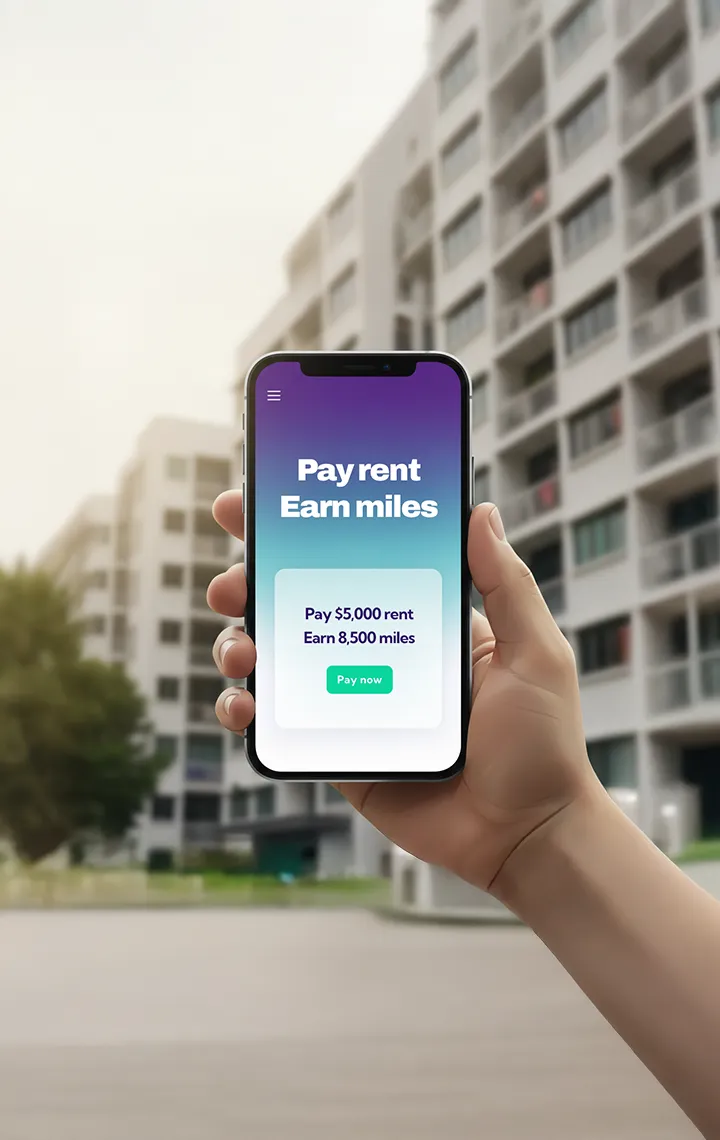In recent years, the issue of rental scams has become increasingly prevalent, leaving many renters vulnerable to financial loss and emotional distress. It's a widespread, pervasive problem that threatens livelihoods and affects all. This guide aims to help renters in Singapore by educating them on how to identify, avoid, and deal with rental scams effectively in 2024. By arming yourself with the necessary database, knowledge, and resources, you can protect yourself from falling victim to fraudulent schemes and make informed decisions when searching for your next rental property. Let's delve into the essential tips and strategies that will help you navigate the rental market safely and confidently.
The Rising Wave of Rental Scams
In recent years, Singapore has seen a concerning rise in rental scams, posing significant challenges for unsuspecting renters. With the increasing popularity of online property listings and digital platforms, scammers have found new avenues to target individuals seeking rental accommodations. These scams often involve fake listings, misleading advertisements and fraudulent schemes designed to deceive renters into parting with their money or personal information.
Let's take two incredibly troublesome statistics
● Between July2023 and January 2024, there were at least 389 victims with total losses exceeding $2.4 million – CEA Singapore.
● Individual losses can be substantial. The Straits Times reported multiple victims losing over $30,000 in a single scam.
One common tactic used by scammers is to offer attractive rental properties at unusually low price, luring renters with the promise of a good deal. In some cases, scammers may impersonate legitimate landlords or agents, convincing renters to make payments or provide sensitive details before viewing the property in person. As a result, many renters have fallen victim to these sophisticated schemes, experiencing financial loss and emotional distress. By understanding the tactics employed by scammers, adopting preventive measures and individuals can better protect themselves from potential fraud and steer the rental market safely.
With a tidal wave of online listings and readily accessible communication, the lines between legitimate opportunities, elaborate schemes can blur. By staying informed about the latest scam tactics and red flags, you can develop a discerning eye — scrutinise listings, verify information, and avoid falling prey to the pressure tactics often used by scammers. Ultimately, a healthy dose of caution and a commitment to research become the keys to unlocking a safe and secure rental experience.
Rental Scams in Singapore
What is a Rental Scam?
A rental scam is a deceptive scheme where fraudsters trick individuals seeking accommodation into parting with money or personal information.
Common Singapore’s Rental Scams
● Fake Listings: Scammers advertise luxurious properties at unbelievably low rents to lure potential tenants. Theselistings may feature stolen photos or generic images and lack details about the property's location or landlord.
● Overpayment Scams: Scammers may pose as landlords or agents and request a security deposit or advance rent even before a viewing. They might claim an urgent need for the money or offer a discount for immediate payment.
● Impersonation Scammers frequently impersonate registered property agents with the Council of Estate Agencies - CEA. They might use stolen credentials, business cards, or even photos / videos of the property.
● Pressure for Deposits: The scam often involves the fake agent pressuring potential renters into making advance payments to "secure" the viewing or rental of the property.
● Phantom Rentals: Scammers steal details and photos of a real listing and create a copy with different contact information. Once contacted by a potential tenant, they pressure them into sending money for booking fee to "secure" the rental.
Signs of House Rental Scams
Glaring Indicators
● Unrealistic Rental Rates: When a property poses luxurious features at a price significantly lower than similarl istings.
● Missing Property Details: Don't trust properties with scarce details or generic descriptions.
● Pressure Tactics: Scammers create asense of urgency, urging you to send money or sign a lease immediately without visiting the property.
● Unusual Payment Methods: Scammers ask for wire transfers, money orders, or cash deposits, particularly before a lease agreement is signed.
Research and Verification
● Reverse Image Search: Use online tools to check if photos from the listing appear else where. This can help identify stolen images used in fake listings.
● Contact the Landlord Directly: If a phone number is provided, contact the landlord directly. Be is cautious if they cannot answer basic questions about the property or location.
● Verify Agent Credentials: Check the agent's credentials with the Council for Estate Agencies- CEA - in Singapore to ensure they are legitimate.
Common Singapore's Rental Scams
Here's a breakdown of prevalent rental scams in Singapore, along with real life examples to showcase how they operate:
Fake Listings
Scammers create enticing online listings for luxurious listings at incredible low rents. They use photos from legitimate sources that don't show the actual unit. Descriptions are typically vague, lacking details about the location or specific amenities.
● Case Study: In 2023, a group of potential tenants in Singapore were lured by a listing fora condo in the desirable Orchard Road area. The rent was significantly lower than similar properties and the photos showcased a modern and deluxe interior. Upon contacting the "landlord", they were pressured to send asecurity deposit immediately to secure the deal, without viewing the property. The potential tenants became suspicious and conducted an image search, revealing the photos were stolen from another website.
Advance Payment Scams
Scammers impersonate legitimate property agents and contact potential tenants who respond to online listings. They pressure renters into sending a security deposit, often claiming high-demand for the property ora limited time offer.
● Case Study:A young couple in Singapore searching for their first rental apartment receiveda call from someone claiming to be a registered agent. The "agent"offered a beautiful studio apartment in a central location at a competitive rate and insisted on a one month advance rent payment before arranging aviewing. Suspicious of the request, the couple contacted the Council of Estate Agencies (CEA) and verified that the supposed agent wasn't registered.
Non-Existent Properties
Scammers steal details and photos from real property listings and create a duplicate listing with another contact data: Once a potential tenant expresses interest, they pressure them into sending a deposit to secure the rental.
● Case Study:In 2022, a group of students searching for off-campus housing found a listing for a fully furnished apartment near their university. When they contacted the "landlord", communication became increasingly difficult, and they were pressured to send a holding deposit via money transfer. Fortunately, one of the students noticed inconsistencies in the address details upon closer inspection. They contacted the original listing agent, who confirmed their property details had been stolen.
How to Verify a Rental Listing
Here's a roadmap to verifying listings and ensuring a safe and secure rental journey in Singapore:
Verifying Property Listings
● Official Records: Singapore's Housing & Development Board (HDB) maintains a public registry for HDB flats. Use the HDB e-Services Platform to verify the existence of the listing.
● Site Visits: Schedule a viewing in person with the landlord or agent. This allows you to assess the property's condition, verify its location, and ensure it matches the listing description and photos.
● Compare and Contrast: Search for similar properties in the area to compare rental rates and amenities. Don't trust listings with significantly lower rent than similar ones.
H3: Validating Landlords and Agents
● Landlord Verification: Request identification documents from the landlord or verify their ownership of the property through official records.
● Agent Credentials: Visit Singapore's Council for Estate Agencies (CEA) website and search the agent's name or license number to confirm their credentials.
● Communication Check: Beware of communication inconsistencies. Legitimate landlords and agents will be transparent and responsive to your questions.
Eyes in the Back of Your Head
In Singapore's competitive rental market,staying informed and vigilant is your best defense against home rental scams.By familiarising yourself with common scams like fake listings, overpayment schemes, and phantom rentals, you'll be well-equipped to identify red flags and protect yourself. Remember and verification are key. Always conduct thorough research, verify property details agent credentials, and prioritise in-person viewings.







![Rental Scams: How to Spot Them and Protect Yourself [2024 Guide]](https://cdn-rently-prod.azureedge.net/blogimages/2025-1/7adabaf9-0636-4657-9654-7ed4800f100e.webp)






